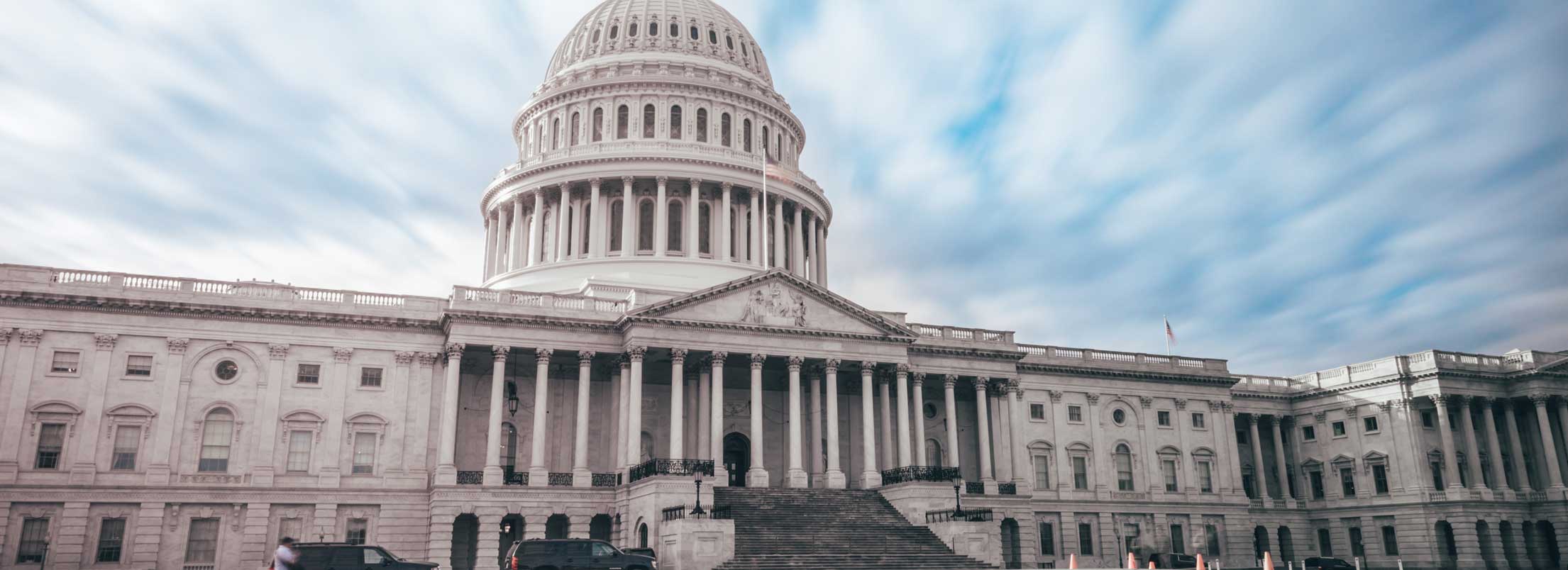Plastic Pellet Containment: Legislation Can Enhance Best Practices
Federal legislation and a global agreement on plastic can build on existing programs to help keep plastic pellets out of our environment.
What Are Plastic Pellets?
Plastic makers typically convert raw materials (monomers) into polymers, which are chains of molecules, by applying heat and pressure in the presence of catalysts at industrial facilities. In commerce, these polymers are typically referred to as plastic materials (and sometimes “resins”).
The companies that make plastic sell their materials to countless customers, a myriad of small, medium, and large enterprises in virtually every sector of the global economy.
Most plastic is shipped to customers as small pellets that are then converted into plastic products and packaging. These pellets are shipped in barges, shipping containers, railcars, trucks, large boxes, and bags.
From production through conversion into products and packaging, these pellets get used to create products and packaging. A tiny percentage may be lost or spilled into the environment. However, we’re working to change that. Given the scope of plastic production worldwide, even a tiny percentage matters significantly to us. Pellet loss represents both an economic and environmental detriment, so it’s vital to contain these pellets in commerce.
Product Stewardship Is Key
America’s Plastic Makers make materials that help fight climate change, reduce food waste, and enable much of today’s modern life. A key part of this activity is product stewardship: managing those materials in ways that minimize environmental impacts and improve sustainability. We recognize concern over pellet loss to the environment and the imperative to minimize future losses.
Pellet containment is an important focus area for us and, to be successful, we need the entire plastic value chain onboard. To that end, our industry promotes continuous improvement in pellet stewardship by exploring more sustainable systems to enhance pellet control… to keep plastic out of our environment and in our economy.
Build on Existing Legislation

Multiple federal, state, and local deterrents, as well as citizen actions, can lead to penalties for companies that lose pellets to the environment. For example, violating state-issued permit requirements and Clean Water Act obligations can result in loss of operating permits and significant fines.
Penalties alone are not an adequate solution. We believe the best approach is to prevent pellet loss from happening in the first place.
One of the mechanisms to help prevent pellet loss is Operation Clean Sweep® (OCS), a program that supports work towards the goal of zero plastic pellet loss. OCS promotes awareness and use of good housekeeping and plastic pellet containment practices and has been adopted in thousands of facilities around the globe. The program drives improvement through facility risk assessment, information sharing, employee engagement, and training. The program’s widespread adoption has increased industry awareness and efforts to prevent pellet loss around the globe.
We strongly encourage companies throughout the plastic value chain – anyone who makes, ships, handles or uses plastic – to participate in OCS. A guide to implementing the program is available online at no cost.
In concert with leading value chain members, we’re moving forward on additional concepts – including mutual aid agreements, independent audit requirements, and increased data reporting – to improve OCS even further.
But we want to do even more.
America’s Plastic Makers have recurrently supported legislative efforts to enhance pellet containment. For example, in 2021, we promoted a legislative proposal requiring EPA to establish best practice requirements applicable to stormwater permits that would create a uniform federal standard to help address pellet loss. The proposal also would have required permit holders to bind their transportation agents to best management practices.
America’s Plastic Makers look forward to working with Congress to develop policies that can improve pellet containment throughout the plastics value chain.
Global Efforts on Pellet Containment
Global plastic makers are championing a global agreement for a sustainable, circular economy for plastic. The Global Partners for Plastics Circularity supports inclusion of language that mandates participation in a certified program to help prevent plastic materials throughout the value chain from entering the environment.
